
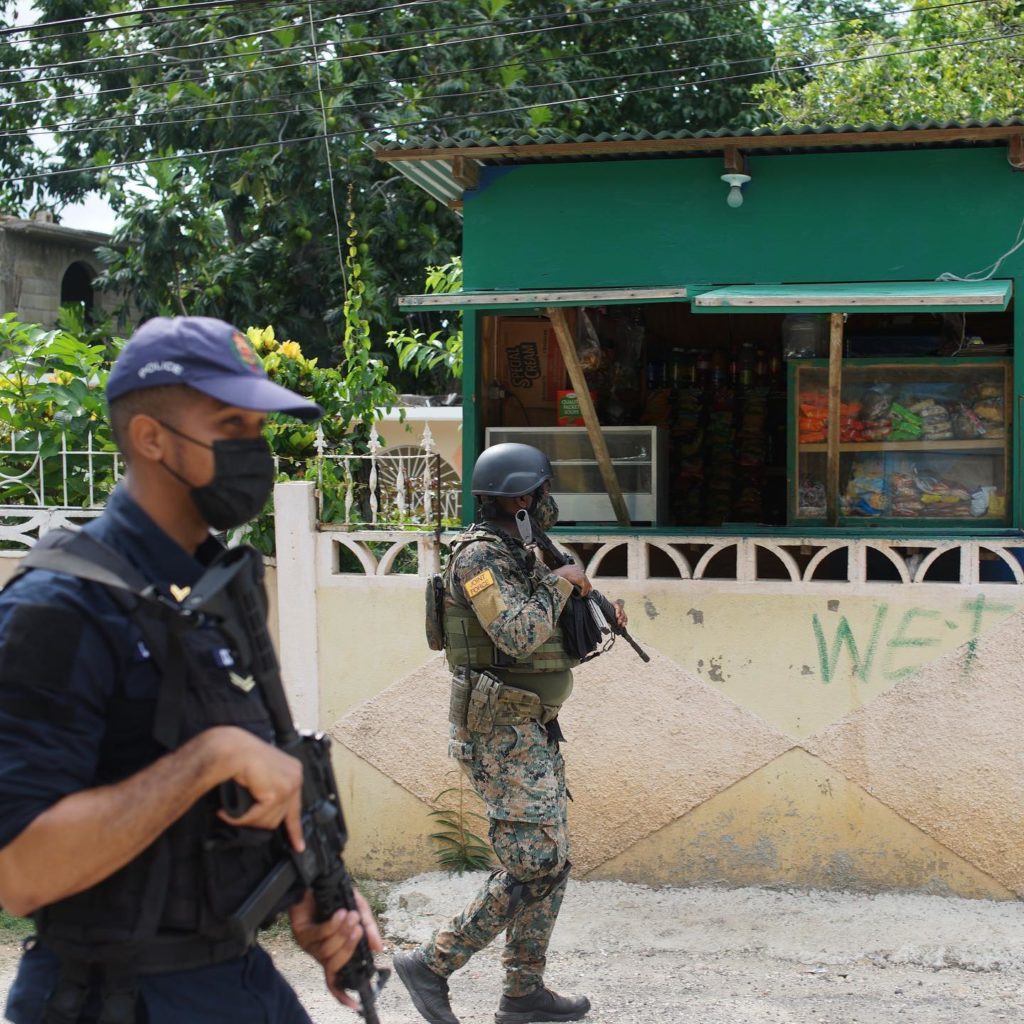
Human rights lobby, Jamaicans for Justice (JFJ), is taking the Jamaica Constabulary Force (JCF) to task for a worrying uptick in police-involved shootings, abusing its execution of authority, and below-standard investigations into reported breaches.
And while admitting that the Jamaican Government generally respects the human rights of its citizens, the Holness administration was also found wanting by JFJ, for what it called the glacially slow pace at which “equality and respect for human rights for all Jamaicans” is advanced at the legislative level.
JFJ, presenting its State of Justice: Examining Human Rights and Rule of Law in Jamaica report at the Jamaica Pegasus Hotel on Wednesday (March 30), said that its team recorded more than 600 human rights violations in the two-year period between January 2020 and December 2021.
In the 57-page document, JFJ further indicated that the report was based on a retrospective review of some 297 legal cases during the timeline.
Of that number, 104 cases revolved around complaints of unlawful arrest and detention, accounting for 35 per cent of JFJ’s legal cases. A whopping 96 per cent of those Jamaicans detained during the States of Public Emergency (SOEs) were released due to JFJ legal intervention.
The detention complaints comprised mostly men (94 per cent) and a sizeable minority of women (six per cent) hailing from the parishes of Kingston and St Andrew, Westmoreland and Clarendon, which JFJ noted was consistent with the highest incidence of crime in Jamaica.
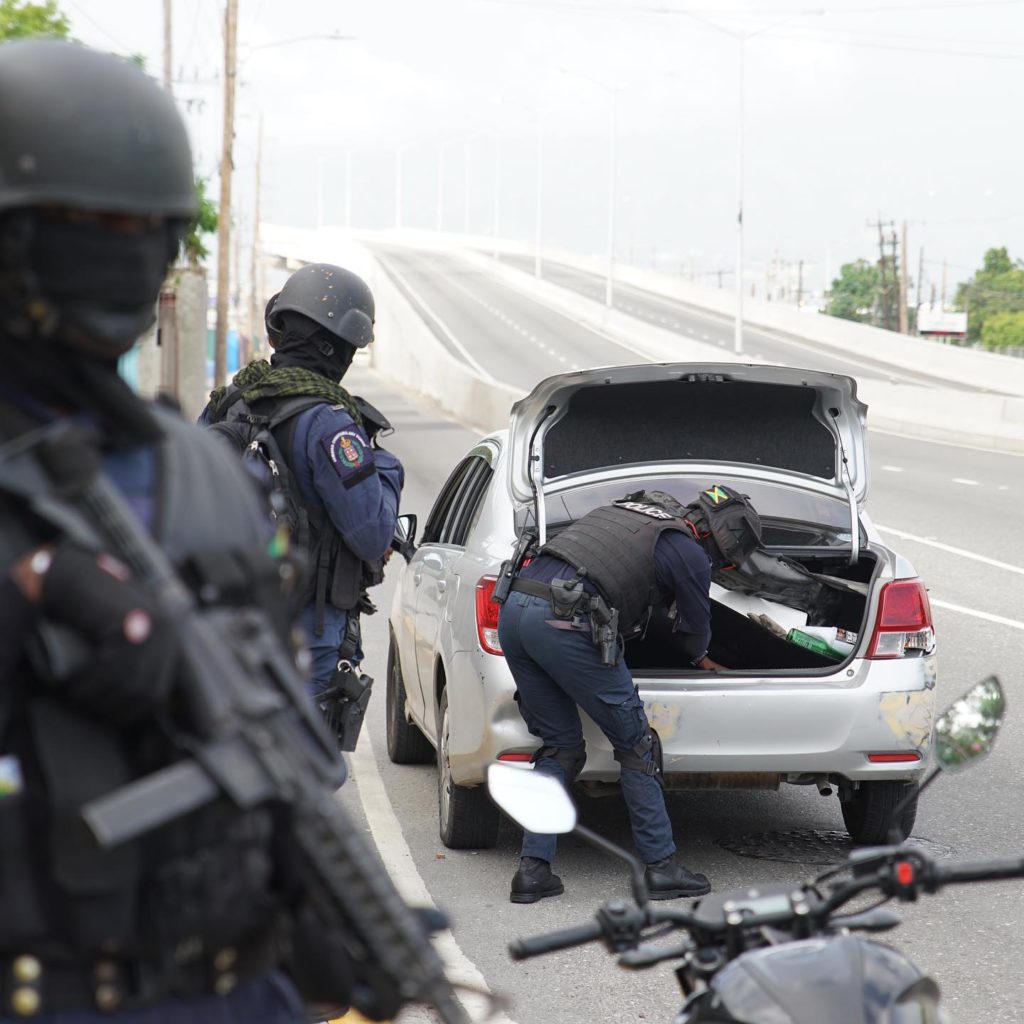
Additionally, there were 24 cases of police-related homicides, 21 incidents of abuse by security forces, 41 cases of gender-based violence and domestic abuse, 56 reports of discrimination experienced by members of the LGBTQ+ community as well as persons living with HIV.
What’s more, the remaining 41 cases spanned various issues of environmental justice, child justice matters as well as instances of incarcerated persons reporting being denied medical care and other inhumane conditions within the adult correctional system.
The Fagan Avenue-based Jamaicans for Justice clarified, however, that most of the police killings, while supported during the two-year review period, span over a decade of legal representation being provided to its clients.
“To date, many of the cases are experiencing delays related to the investigatory process or trial delays,” advised JFJ in its State of Justice report.
With the second-highest homicide rate in the world, the JCF leads a strenuous, uphill charge against Jamaica’s spiralling murder rate. The Jamaican police force’s job is made all the more difficult as the entity has, for many years, been starved of resources to bolster its response to the crime monster and repeatedly plagued by high police attrition and corruption.
However, in the face of these daunting odds, there is no excuse for human rights violations perpetrated by the very officers who swore to ‘serve, reassure and protect’ the country’s citizens, and the resulting public distrust of the JCF, which has permeated swathes of society.
For JFJ executive director Mickel Jackson, the reality of the JCF’s breaches only reinforces that the rule of law is disproportionately applied to marginalised, underprivileged communities. That negative perception rings especially true for disengaged male youth, who are considered ‘ripe targets’ for gangs and criminal activity.
“JFJ does not underestimate the challenges faced by police officers when confronting criminality, and we note that 12 officers would have lost their lives in the course of their duties and extend condolences to their family members,” remarked Jackson.
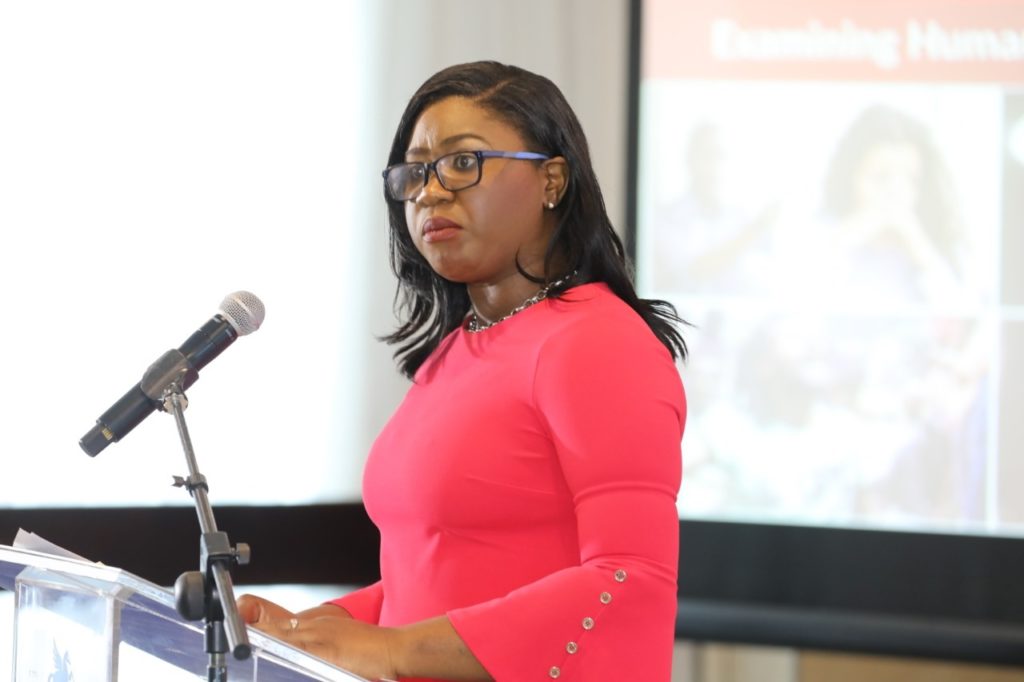
“We also recognise that the task faced by the Jamaican police is further challenged, given the need for more resources, increased wages and the necessary psychosocial support,” she added.
The JFJ executive director also cleared up misconceptions that the organisation she leads is antipathetic to police interactions, insisting that she and her team “stand in unison with the good men and women of the [JCF]”.
Jackson added that JFJ would not support police personnel who “break the law” themselves and “challenge the very humanity of our Jamaican citizens”.
“It is on that basis that JFJ offers strong condemnation towards those who step outside the law and I think we should all do the same,” she contended.
Continuing, Jackson sought to be fair to the Holness administration, acknowledging that, aimed at strengthening human rights, several key laws were passed by the Government over the two-year period.
“The Data Protection Act, the Sexual Harassment (Protection and Prevention) Act, those laws [came] into force, and again, we extend our gratitude to the Government for their leadership,” noted the JFJ executive director.
“We also note that the Government would have made different amendments to crime-fighting legislation such as the commonly referred ‘anti-gang legislation’. The JFJ would have had input on that in previous years, and we are happy that it seems to be providing the kind of outcome we would want in tackling gang violence in the country,” she argued.
Despite these advancements, however, Jackson bemoaned the “serious human rights violations” that JFJ had documented in 2021, which was also reflected in its State of Justice report.
Chief among these breaches was the mass incarceration of Jamaicans during the series of SOEs declared, where thousands of citizens were arrested for extended periods under detention powers granted to the security forces, often without charge.
“People [were] taken up, without cause, simply because of who they are and it’s something that we raise strong objections to. We have the families of victims who were killed; they are left grieving, left in their struggles for justice and it’s [for] that reason that JFJ is unapologetic about our position,” said Jackson.
“We ask Government officials, us all as Jamaican citizens, to offer public denunciation of these serious human rights violations. It is a call that the victims, the families such as Fabian Wray’s, Nakia Jackson’s and Mario Dean’s have been asking for. The thousands of Jamaicans that were detained under the state of public emergency without due process also make that call,” she added.
Another bone of contention for Jamaicans for Justice is the chronically long wait for justice, as Jackson, citing a 2021 report from the Independent Commission of Investigations (INDECOM), said that some 35 lawmen await trial for murder and manslaughter.
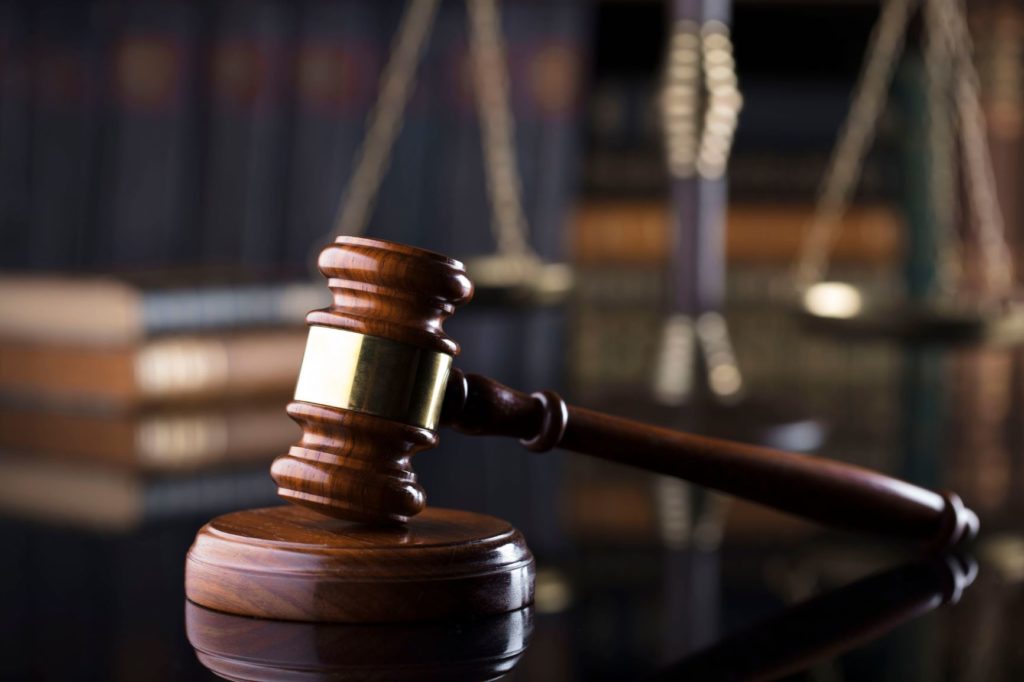
JFJ was far from satisfied with the prosecutorial process of these extra-judicial killings and their corresponding low conviction rates.
While reiterating that the fight against crime requires a collaborative approach, those efforts amount to nothing if, in the pursuit of peace, ordinary citizens are deemed “guilty until proven innocent”.
“If we proceed with [that] assumption and apply it to persons on the basis of where they come from, what they wear, how they look, how much money they make [and] the colour of their skin—we would have lost everything that we were fighting for as a nation,” declared Jackson.
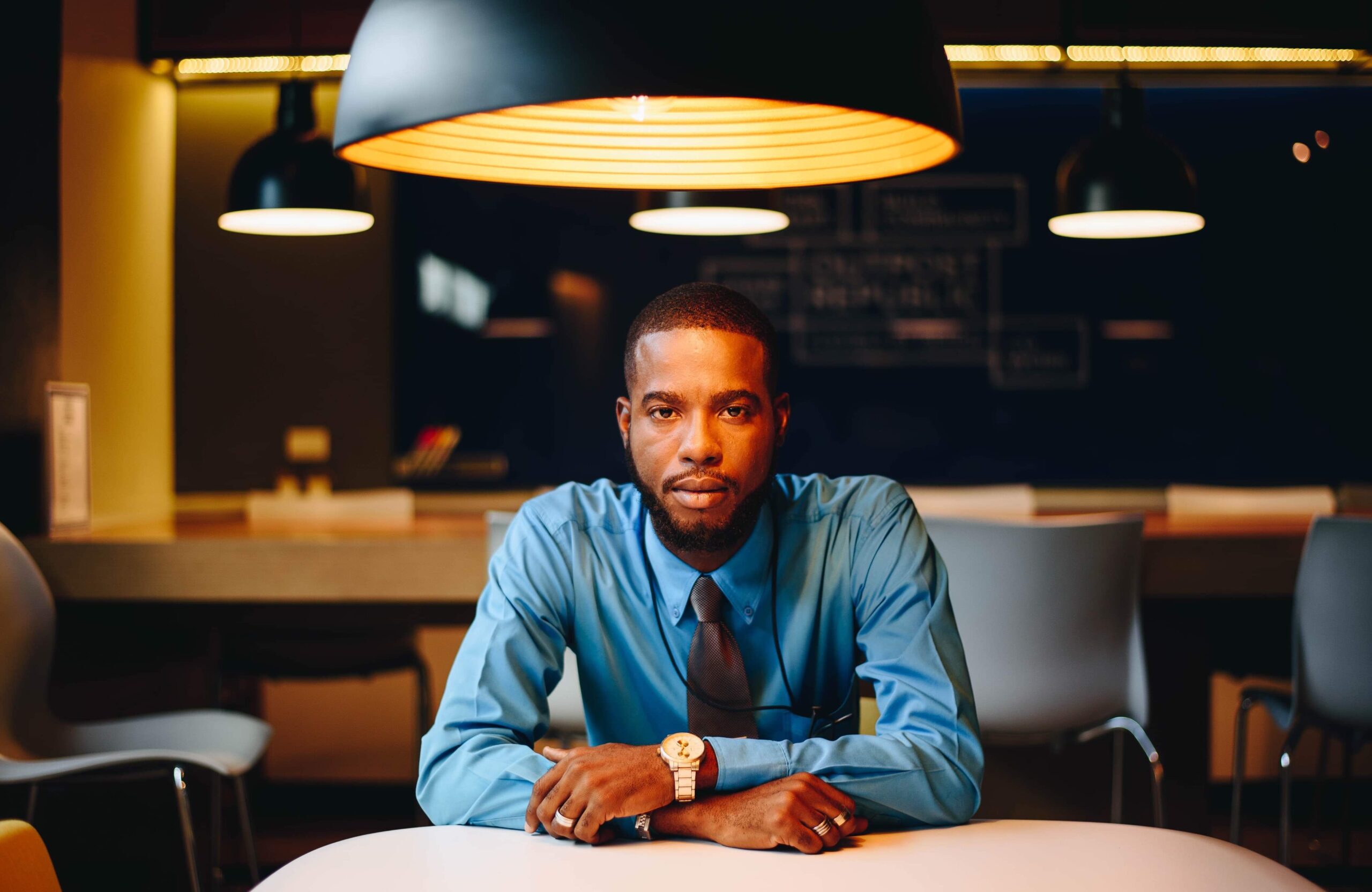
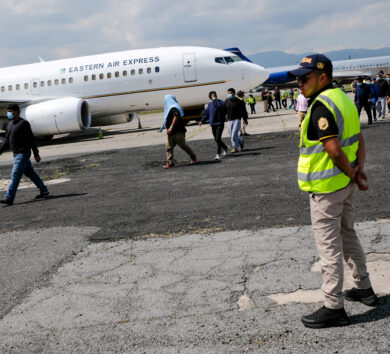
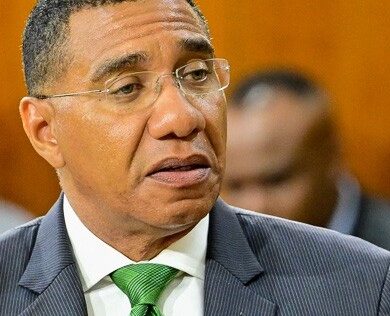
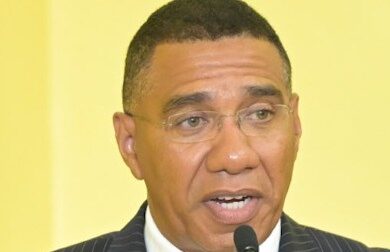
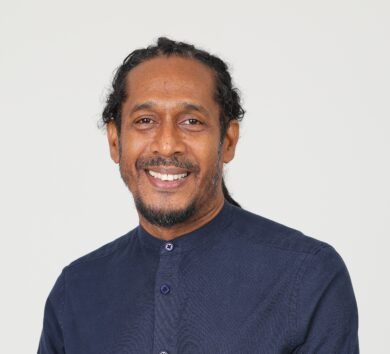

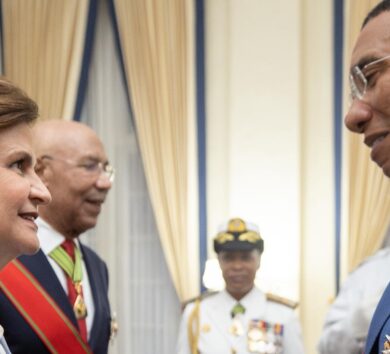
Comments